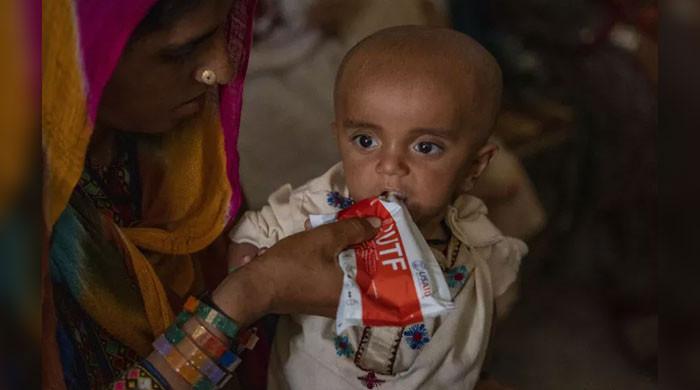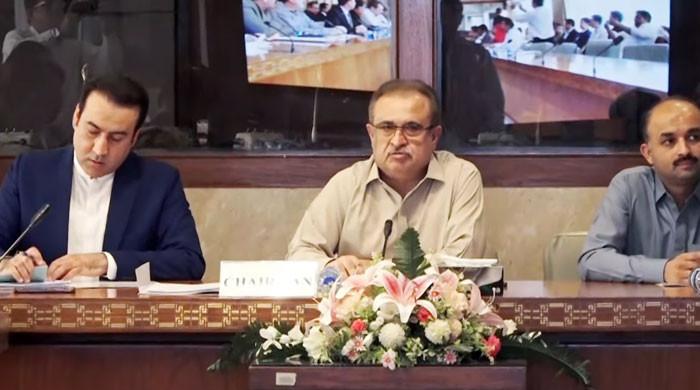ISLAMABAD: A US-based philanthropic organisation has offered to invest $10 million in the local production of Multiple Micronutrient Supplementation (MMS) by Pakistani pharmaceutical companies to address the critical nutritional needs of pregnant women in Pakistan.
According to the World Health Organisation (WHO), MMS reduces the risks of low birth weight, small-for-gestational-age births, and stillbirths, offering better outcomes than iron and folic acid supplements alone. Ansir Junaid, Chairman and Trustee of the Junaid Family Foundation, said “his organisation is ready to invest $10 million to enable local pharmaceutical firms to manufacture MMS for both domestic consumption and export,” he told The News on the sidelines of an event in Islamabad on Tuesday. The event “Strengthening Maternal Nutrition: Global MMS Insights & Pakistan’s Journey” was organized by Junaid Family Foundation at a local hotel and it was attended by senior representatives from the Health Services Academy, National Institute of Health (NIH), and various development organizations were also present at the event, reaffirming their support for this vital maternal health initiative.
Junaid noted that the foundation had already donated 2.1 million bottles of MMS, worth $5 million or Rs1.4billion, to pregnant women in Pakistan through the government. However, they were imported from the United States, significantly increasing costs. “Local production would not only reduce expenses but also allow export, with UNICEF and the Gates
Foundation willing to procure MMS at $2.5 per bottle,” he said. “In return for the investment, the foundation only expects pharmaceutical companies to supply MMS at cost for charitable distribution, while enabling them to earn profit through global sales, he added. Special Secretary of Health Mirza Nasiruddin Mashood welcomed the initiative, calling it a timely and essential intervention. He highlighted that millions in 18 flood-affected districts of Sindh have lost two consecutive crop cycles, worsening food insecurity and nutritional deficiencies. “The right to food is a basic human right. MMS should be made available to every pregnant woman at risk,” he said. Dr. Emily Smith from George Washington University pointed out that pregnancy significantly increases the body’s demand for micronutrients, which often cannot be met through diet alone. “Deficiencies lead to preterm births and low birth weight, making babies more vulnerable to illness and developmental challenges,” she said. UNICEF’s Sharmeela Rassool echoed these concerns, saying that Pakistan’s maternal and neonatal health indicators remain troubling, and emphasised the urgent need to scale up MMS access to prevent maternal and infant deaths. Experts, including Dr. Mehreen Mujtaba from the Ministry of Health, Dr. Shabina Raza of Nutrition International, and Dr. Anteneh G. Minas, Chief of Nutrition at UNICEF Pakistan, endorsed the call for domestic MMS production and its integration into public health programs. Dr. Fyezah Jehan, Chairperson of Paediatrics and Child Health at Aga Khan University, emphasised that maternal nutrition is not just a health issue but also a socio-economic challenge, and described MMS as a cost-effective, evidence-based solution that could save countless lives if implemented nationally.
#USbased #group #offers #10m #investment #supplements #production











